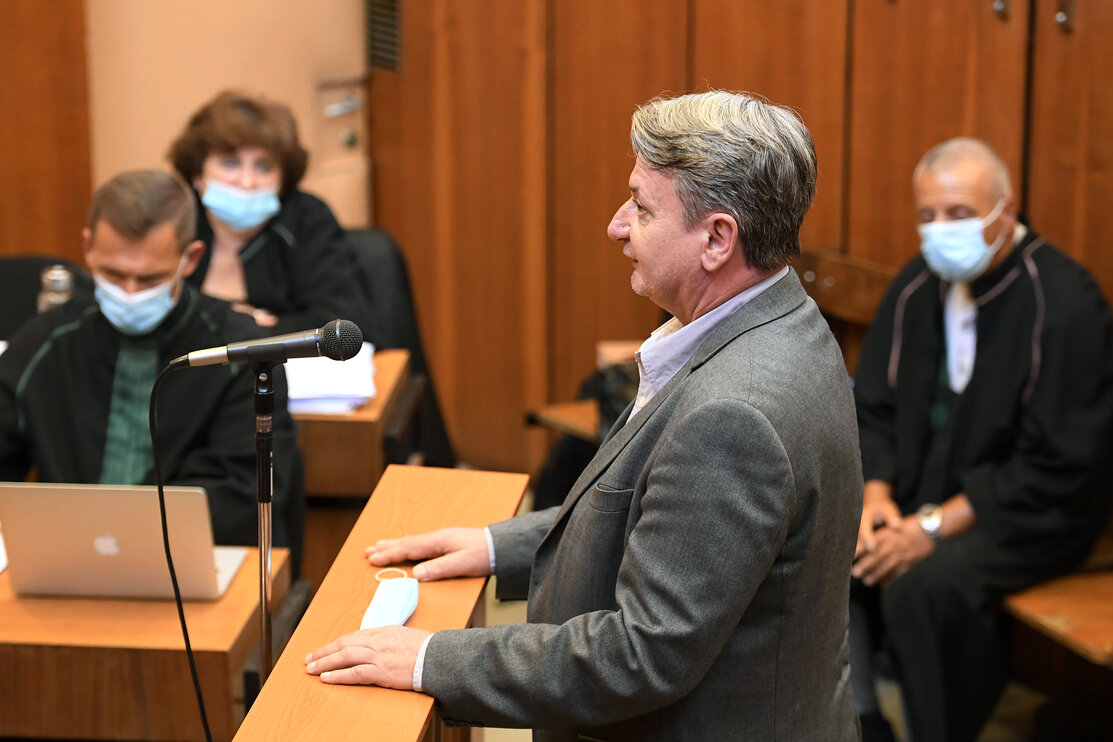Hungarian politician spied for Russia in the EU parliament? Here is the court’s verdict!
One of the most significant spy case in recent years has come to an end. At the second instance, the court found Béla Kovács, also known as “KGBéla”, former MEP, guilty in preparation for espionage against the institutions of the European Union.
Since the regime change, there has been no example of such a high-ranking representative being found guilty by a court in a spy lawsuit. According to the court, Kovács also had “conspiratorial” contacts with several Russian intelligence agents who worked under the guise of diplomats in Hungary. As the Hungarian news portal Blikk reports, the accused provided his Russian holding officer with information that could have helped Moscow in energy talks between the EU and the Russians. For example, it revealed the actual position of the Union on an issue that differed from what was officially announced.
Read also: Jobbik’s Kovács says in own interest to end spy, fraud cases soon – UPDATE
Kovács, also known as “KGBéla”, was acquitted by the court last year on this charge. Now,
the former member of the European Parliament was found guilty at second instance by the court in preparation for espionage against the European Union institutions.
The former Jobbik politician has been sentenced to 2 years in prison, suspended for 5 years, and will have to pay a fine of HUF millions. Kovács did not appear in the court. It was revealed at the hearing that he had just received medical treatment in Russia.
Kovács was found guilty only in preparation for espionage as the case took place before the 2014 law came into force, which made espionage against the EU a crime. After that, he had only a secret meeting with a new Russian intelligence agent: Kovács contacted the liaison in a restaurant in Szentendre, from whom he also received a sheet of paper, but the court could not determine what they were talking about and what instructions the note contained.
The budget fraud, which is independent of this case, took place through fictitious internship assignments.
It damaged the European Parliament by approximately EUR 17,160 (~ HUF 6 million).
The nickname “KGBéla” comes from the abbreviation of the Soviet State Security Commission, KGB, which operated from 1954 to 1991. The activities of the KGB were, in fact, directed and supervised by the top leadership of the Communist Party of the Soviet Union. Kovács’s foster father had previously told prosecutors that his politician and Russian wife had been in contact with the KGB even while they were living in Japan – hence the name KGBéla.

Read alsoHungarian spy story: did the former MEP really give confidential information to Russia?
Source: blikk.hu
please make a donation here
Hot news
Border controls to disappear between Hungary and Romania: Key steps towards Schengen have been taken
Hungarian government implements two-year moratorium on Airbnb in Budapest to address housing crisis
Hungary’s income decline: 8 in 10 citizens fall behind European peers
Top 3 in the region: Corvinus University gains prestigious recognition
Opposition Tisza: Fidesz-DK grand coalition formed in the EP
The Notching Process: essential techniques & applications




